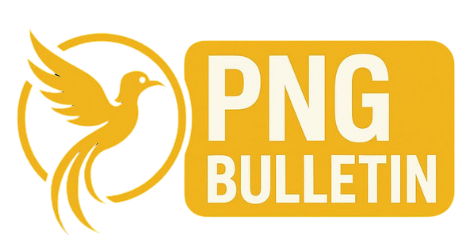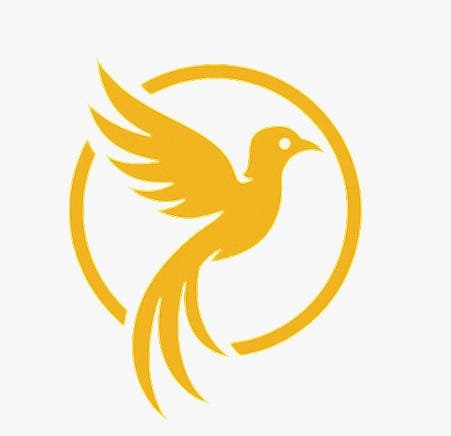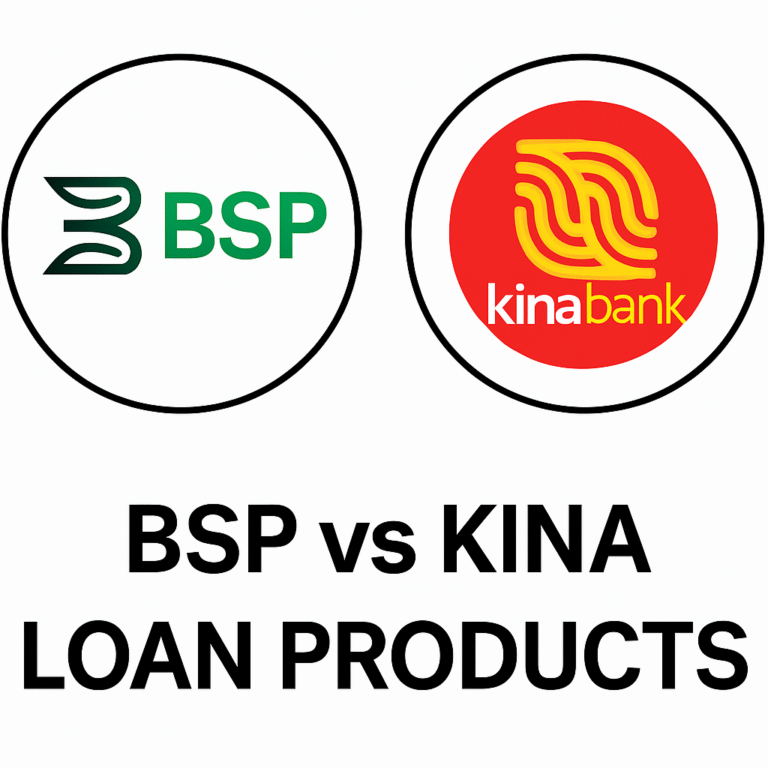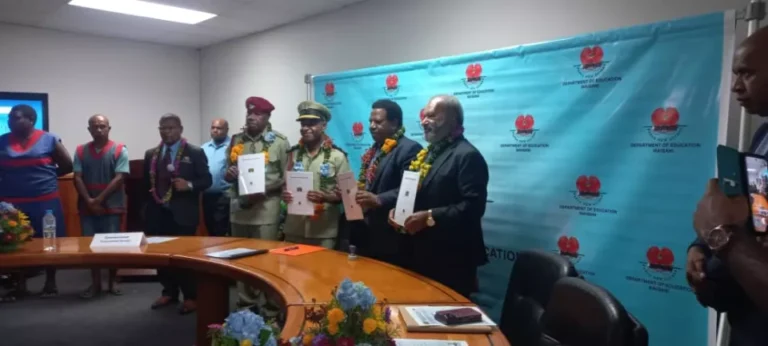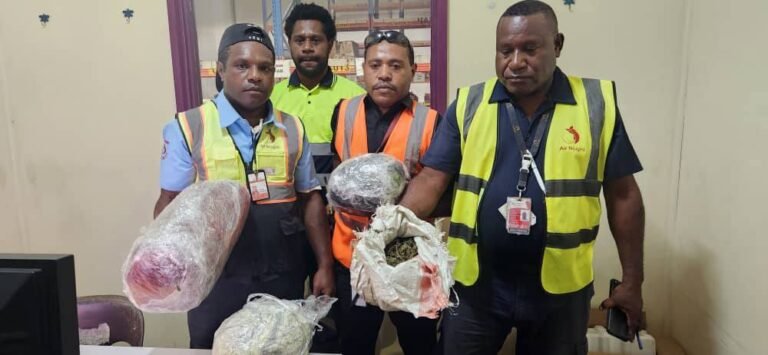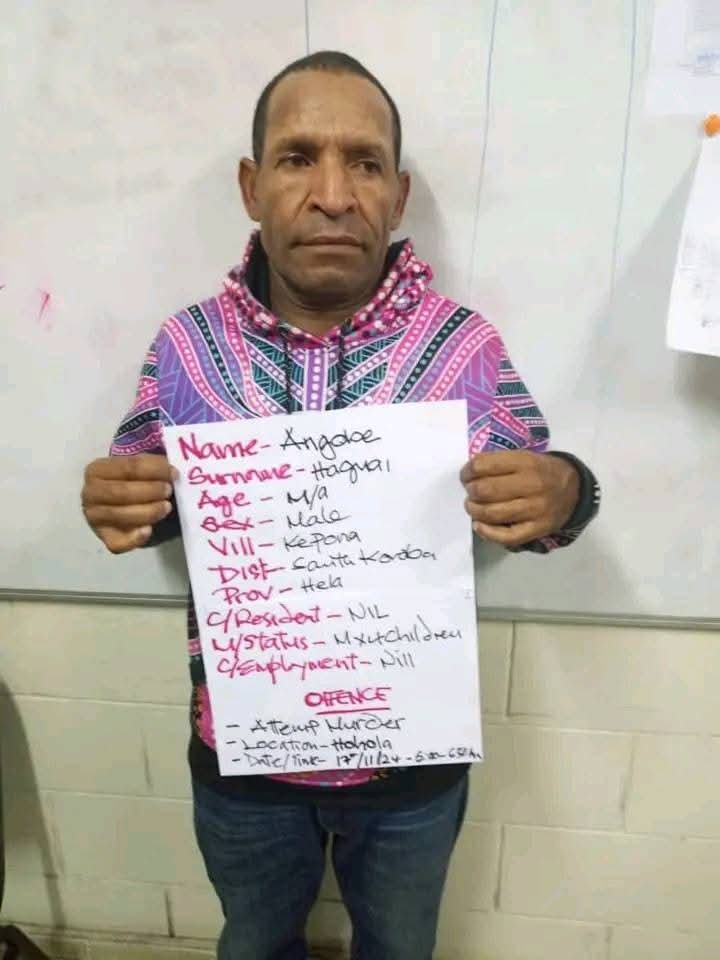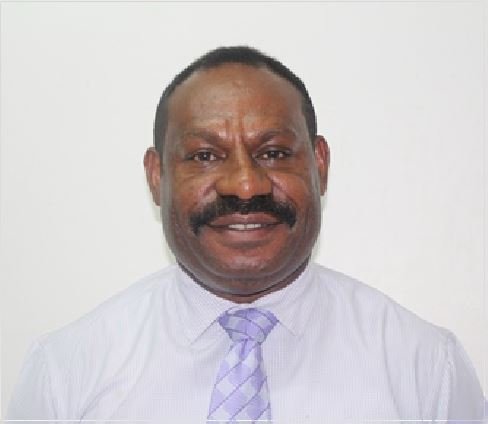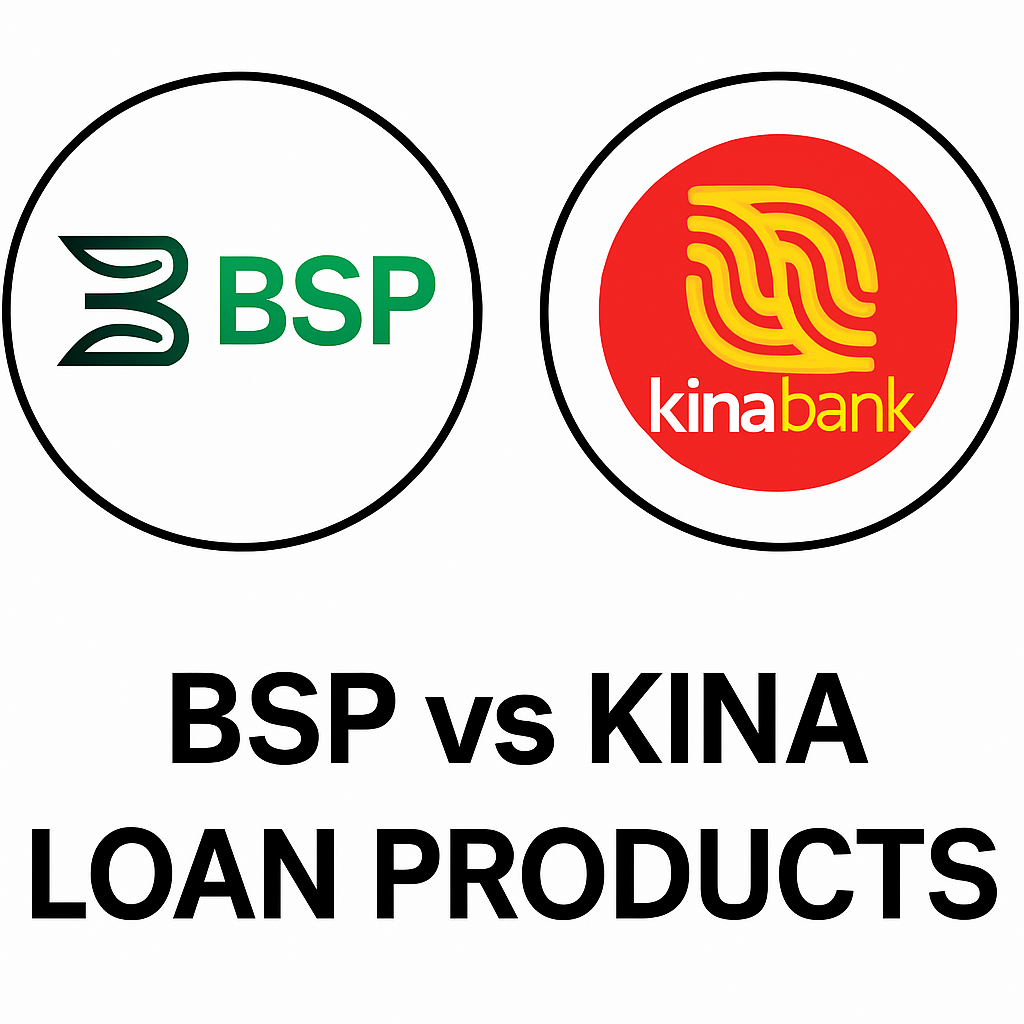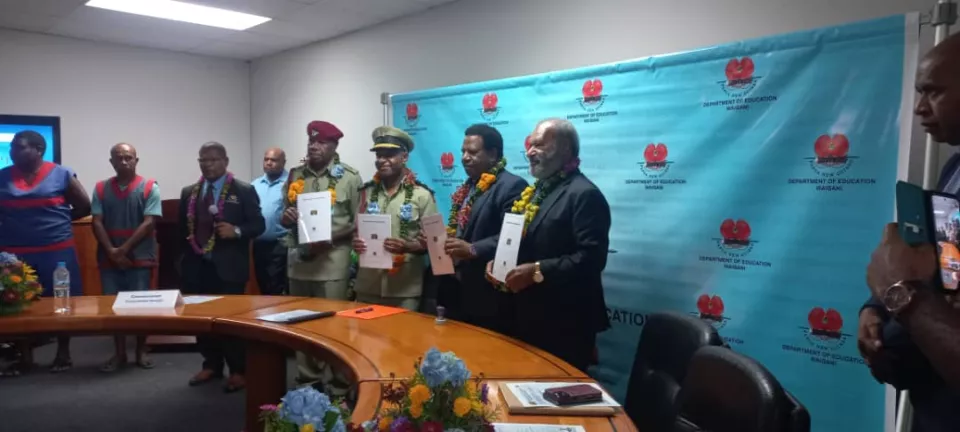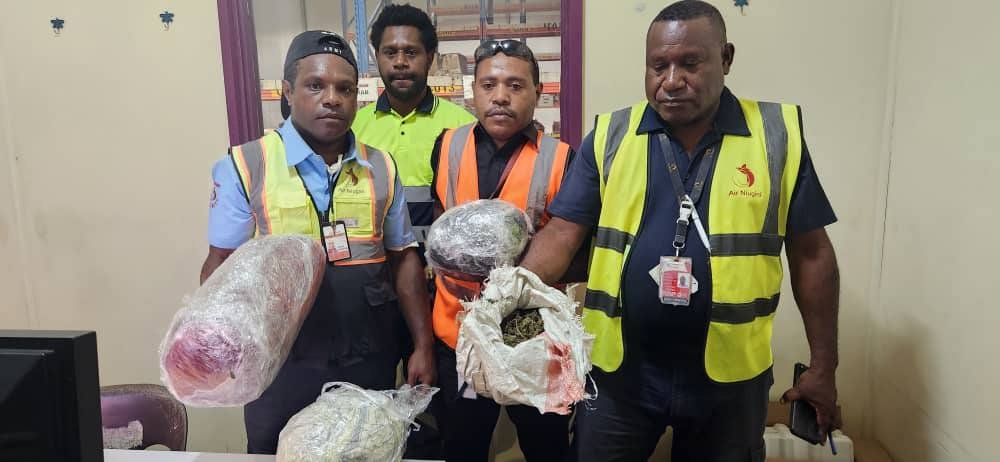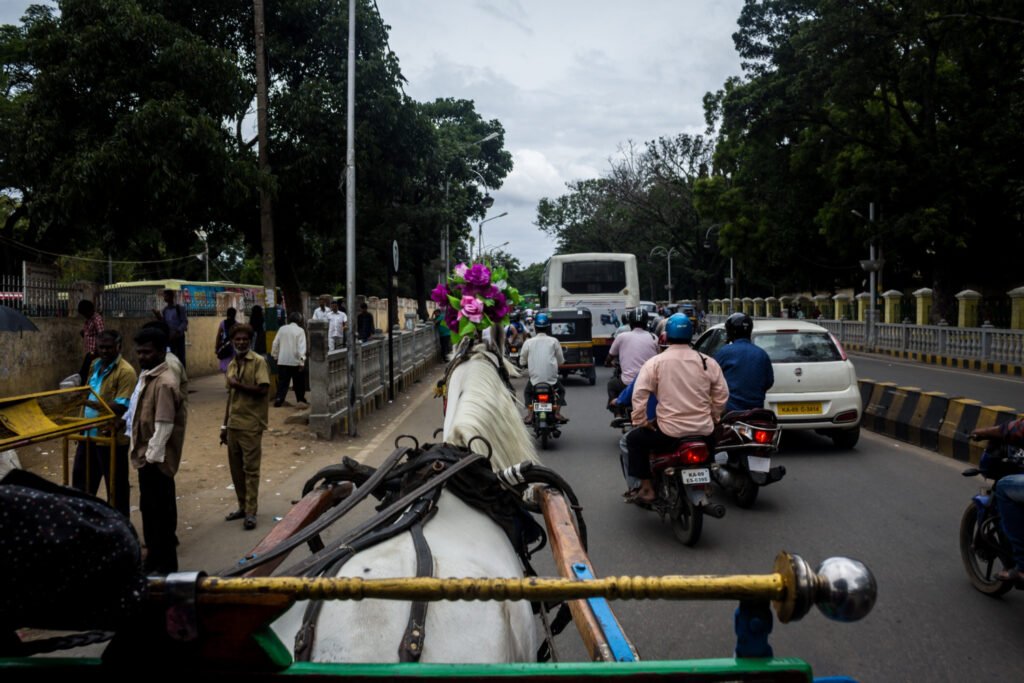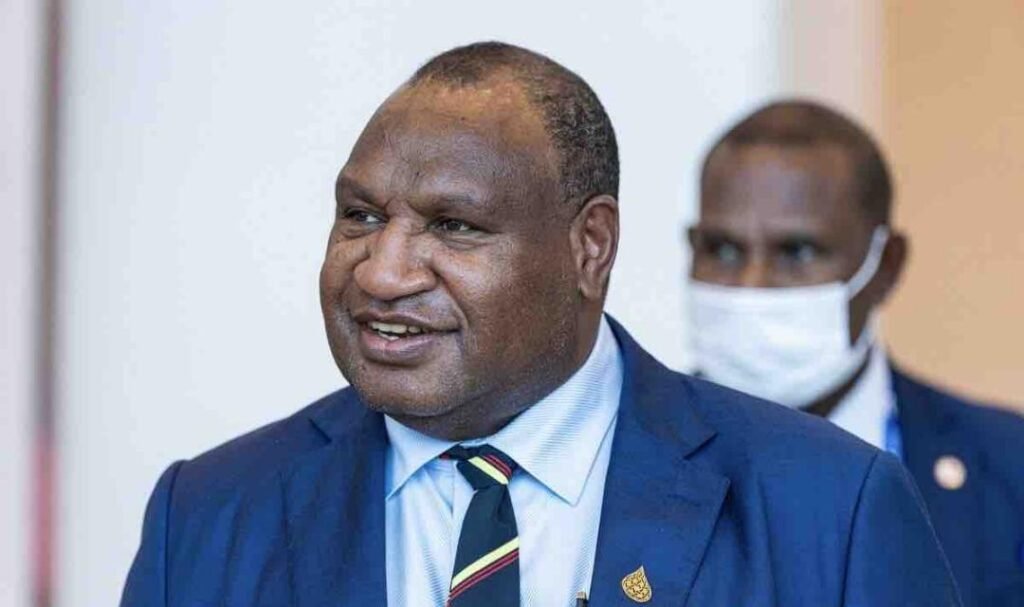The humble bilum—a handwoven string bag once traded by village women at local markets—is now travelling further than ever before. Thanks to mobile apps and global recognition from UNESCO, bilum artisans across Papua New Guinea are transforming tradition into international opportunity.
What was once a quiet symbol of cultural identity is now part of a global digital marketplace, connecting PNG’s weavers with buyers, curators, and culture lovers worldwide.
Weaving Culture, Weaving Networks
Take Meri Wena, a bilum artist from Goroka who now receives international orders through the mobile platform “WeaveConnect”, an artisan app developed by PNG tech startup Crysan Tech.
“I used to sell one or two bilums a week in the market. Now, I’ve shipped to Germany, New Zealand, even Japan,” Wena says. Her work features traditional Asaro-inspired patterns, each bag telling a story passed through generations.
Apps like WeaveConnect and BilumLink not only facilitate orders but also provide:
- Training modules on pricing and quality control
- QR code labelling that explains the cultural origin of each design
- Direct payment channels, putting more profit in weavers’ hands
UNESCO Recognition Elevates Heritage
In March 2025, bilum weaving was inscribed on UNESCO’s Representative List of Intangible Cultural Heritage, a milestone moment for PNG’s artisans. The designation affirms that bilum is not just craft—it’s cultural knowledge, resilience, and identity.
As part of the recognition, select bilum artisans were invited to Paris to showcase their work and lead live demonstrations.
“It was the first time many of us left our village, let alone the country,” says artisan group leader Magdalene Kaiwe from Chimbu. “We wore our bilums proudly, not as sellers but as ambassadors.”
Apps Empowering Women & Rural Economies
Bilum innovation is doing more than boosting exports—it’s economically empowering women, particularly in rural areas. Many now operate small-scale cooperatives, managing orders, digital accounts, and logistics via their smartphones.
NGOs and partners like UN Women, Australia Awards PNG, and DFAT-supported incubators are helping expand these efforts with funding, training, and technical support.
“When a bilum sells online, a woman gains independence,” says a project coordinator at PNG Women in Business. “She earns, she decides, she leads.”
Balancing Growth with Cultural Integrity
As global demand rises, so do concerns about cultural appropriation and quality dilution.
Leaders within the bilum community are working on:
- Certification systems for authentic bilum work
- Digital storytelling protocols that respect the spiritual meaning of patterns
- Local training hubs where young girls can learn weaving alongside digital tools
“We want bilum to grow without losing its soul,” says 70-year-old master weaver Rosa Kini, who now mentors youth groups in Mt. Hagen.
Conclusion: Heritage Meets Innovation
In 2025, bilum weaving stands as a symbol of what PNG does best—honour tradition while embracing progress. With every upload, every order, and every story told, PNG’s artisans are not just weaving bags. They’re weaving connections across oceans, turning threads into opportunity, and bringing the world closer to Papua New Guinea’s heart.
